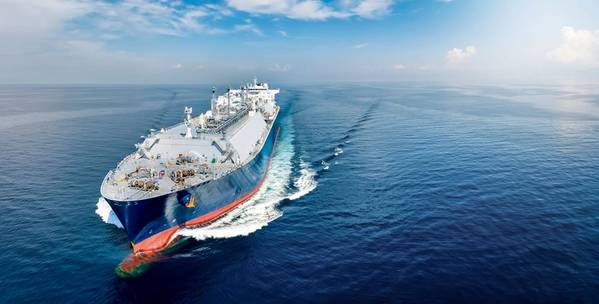
Global LNG import capacity is set to expand by 16%, or 23 billion cubic feet per day (Bcf/d), by the end of 2024 compared with 2022, reports the US Energy Information Administration (EIA).
Estimates based on trade press and data by the International Group of Liquefied Natural Gas Importers (GIIGNL) demonstrate that in the first seven months of 2023, Germany, the Philippines, and Vietnam began importing LNG for the first time.
The EIA expects Antigua, Australia, Cyprus, and Nicaragua to start importing LNG later this year.
Germany began importing after operators fast-tracked construction of FSRUs. Three new terminals are online, and more are expected to come online this year.
Over the past 10 years (2013–22), global LNG import capacity—called regasification capacity—has grown by 49% (45.8 Bcf/d) to reach 140.0 Bcf/d across 48 countries.
By the end of 2024, the EIA expects 55 countries to have LNG regasification terminals with a combined capacity of 163 Bcf/d. Historically, up to 39% of global regasification capacity is used every year. Spare regasification capacity, most of which is in Japan, South Korea, and China, allows countries to meet occasional demand spikes, particularly in winter.
Asia is expected to lead global growth in regasification capacity, accounting for 52% (11.9 Bcf/d) of the total capacity additions in 2023 and 2024. Europe accounts for 38% (8.6 Bcf/d), and the rest of the world accounts for 10% (2.3 Bcf/d).
(Principal contributors to the EIA report are Victoria Zaretskaya and Jordan Young.)



